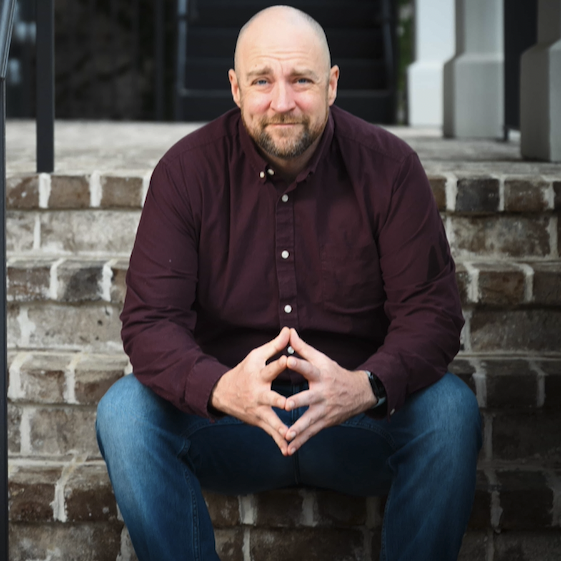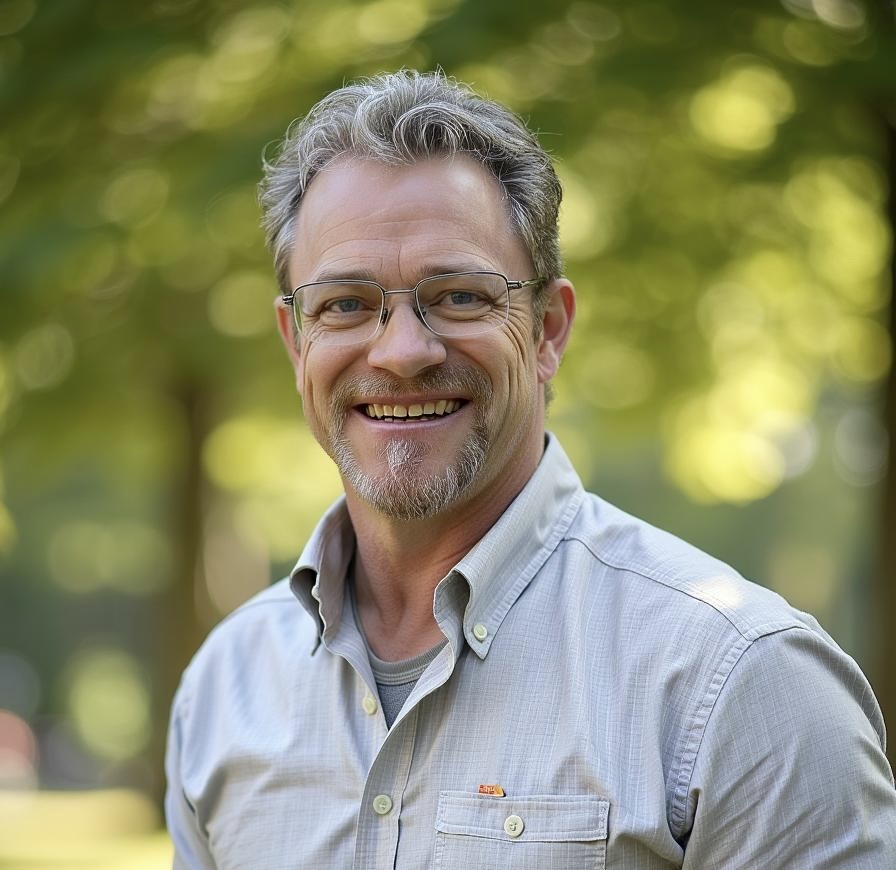When you have treatment, peer support, and family by your side, your chances of staying sober go way up. Research shows that comprehensive support can increase recovery success rates from 20% with no treatment to 75% with treatment, peer support, and family involvement.
Our comprehensive approach provides it all:
- Professional treatment and therapy
- Peer support and community connections
- Family involvement and support systems
- Evidence-based coaching through every stage of recovery
We understand that recovery isn't just about stopping substance use—it's about building a life worth living with the support you need to succeed long-term.
When a loved one is struggling with addiction, knowing how to help can feel overwhelming. Our certified interventionists in Uintah Bench provide families with the guidance, support, and expertise needed to help break through denial and motivate change.
Our Intervention Approach
Our interventionists use evidence-based techniques that have helped hundreds of families successfully guide their loved ones into treatment. We understand that every situation is unique, which is why we work closely with families in Uintah Bench to develop customized intervention strategies.
What Sets Our Interventionists Apart
- Certified and Experienced: Our team includes board-certified interventionists with years of experience
- Family-Centered Approach: We involve the entire family system in the healing process
- Ongoing Support: Our relationship doesn't end after the intervention - we provide continued guidance
- Local Knowledge: We understand the unique challenges facing families in Uintah Bench and Northern Utah
Recovery Success Rates by Support Level
When you have treatment, peer support, and family by your side, your chances of staying sober go way up. Here's how different levels of support stack up for 1-year abstinence rates:
Recovery Success Data
Treatment alone: 40% success rate
Treatment + Peer Support: 55% success rate
Treatment + Peer + Family Support: 75% success rate
No Treatment: Only 20% success rate
Key Insight: Comprehensive support combining professional treatment with peer and family involvement delivers the highest success rates - nearly 4x better than no treatment.
The data shows clearly: Comprehensive support combining professional treatment with peer and family involvement achieves the highest success rates.
Understanding the Stages of Recovery
Recovery is a journey with distinct phases, each with unique challenges and needs. Our team understands where you are in your recovery and provides appropriate support at every stage.
Three Key Recovery Phases:
Acceptance Phase (Days - Weeks)
- Focus: Crisis stabilization and building initial acceptance
- Common Activities: Residential treatment, intervention support, initial 90-in-90 meetings
- Relapse Risk: 80% chance without proper support
- Warning Signs: "I can do it on my own" thinking, leaving treatment early, denial
Stabilization Phase (Months)
- Focus: Building foundation and developing recovery skills
- Common Activities: Step work, sober living, therapy, service positions
- Key Challenge: Avoiding "pink cloud" mentality and graduated thinking
- Warning Signs: "I got this" attitude, forgetting severity, lowering boundaries
Optimization Phase (Years)
- Focus: Long-term growth and life integration
- Common Activities: Sponsorship, leadership roles, career integration
- Goal: Emotional sobriety and sustainable recovery lifestyle
- Warning Signs: Stagnation, separation from program, loss of routine
How Our Support Adapts to Each Stage
Early Recovery (Acceptance):
- Crisis management and safety planning
- Family education and boundary setting
- Connection to treatment resources
- 24/7 crisis support availability
Middle Recovery (Stabilization):
- Skill building and routine development
- Accountability partnerships
- Family communication improvement
- Relapse prevention strategies
Long-term Recovery (Optimization):
- Life integration support
- Leadership development opportunities
- Family relationship healing
- Sustainable support system transition
Professional Intervention Through Recovery Stages
Our intervention approach recognizes that families face different challenges depending on where their loved one is in the addiction cycle. We provide stage-appropriate intervention strategies:
Crisis Intervention (Immediate Need):
- Emergency assessment and safety planning
- Family crisis management and support
- Immediate treatment placement coordination
- 24/7 crisis response availability
Planned Intervention (Structured Approach):
- Family preparation and communication coaching
- Professional intervention facilitation
- Treatment option coordination
- Follow-up family support and guidance
Long-term Family Support:
- Boundary setting and maintenance coaching
- Communication improvement strategies
- Ongoing family therapy coordination
- Extended support through all recovery phases
Our interventionists understand that successful intervention isn't just about getting someone into treatment—it's about creating the family dynamics and support systems that enable long-term recovery success.
Ready to Start Your Evidence-Based Recovery Journey?
Don't leave your recovery to chance. Work with professionals who understand the stages of recovery and provide the comprehensive support that research shows delivers the best outcomes.
Get the support that makes the difference between 20% and 75% success rates.



